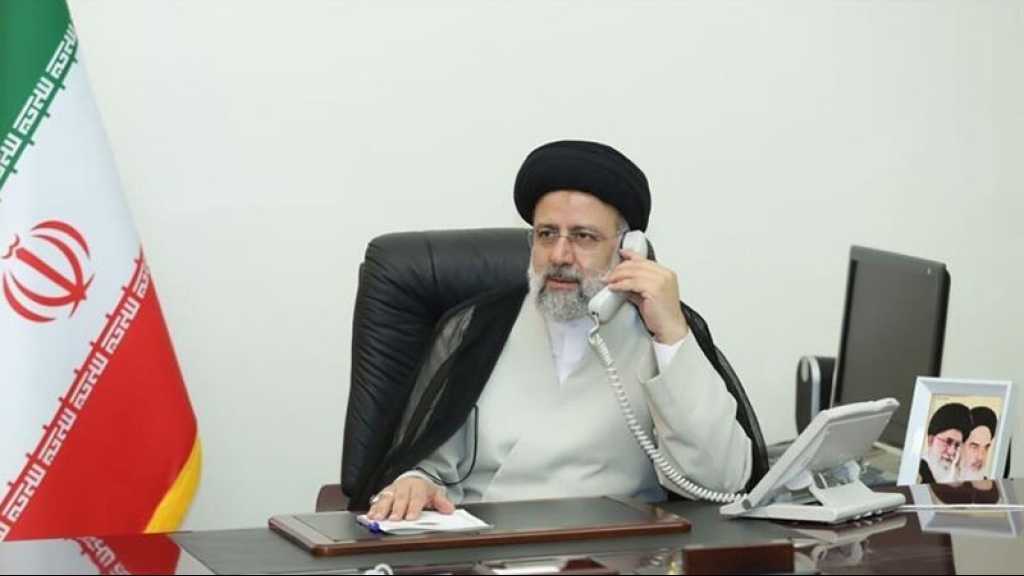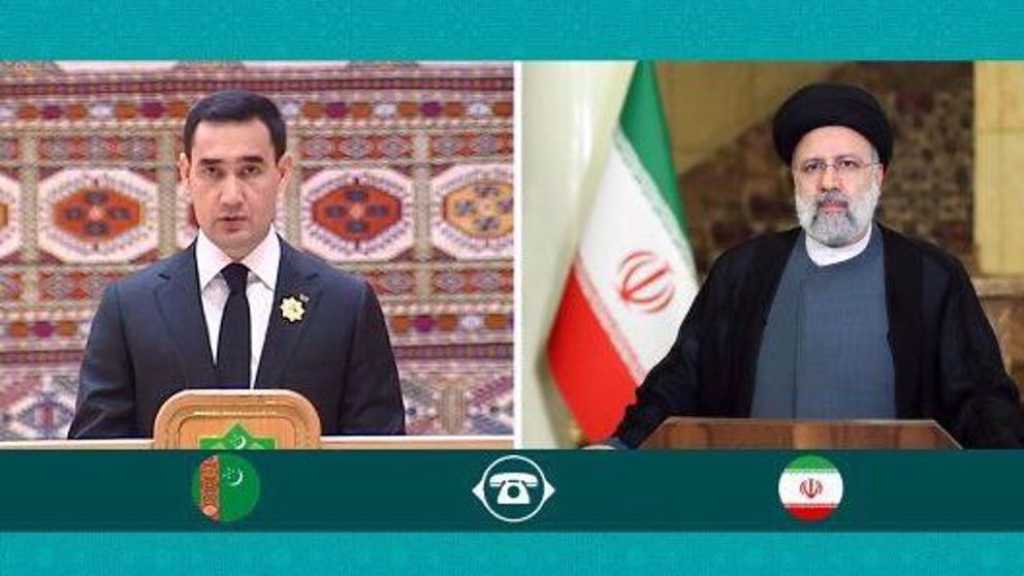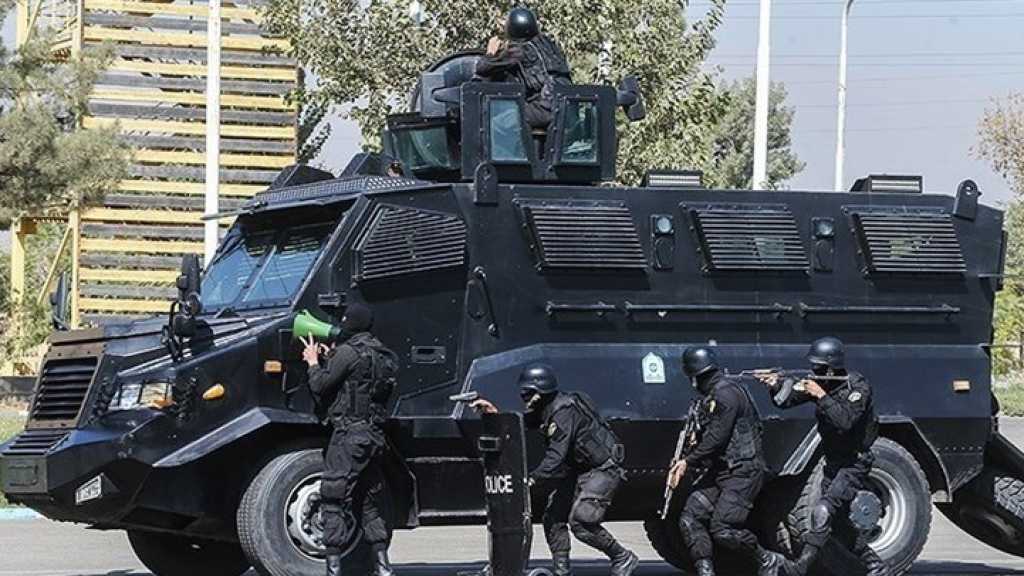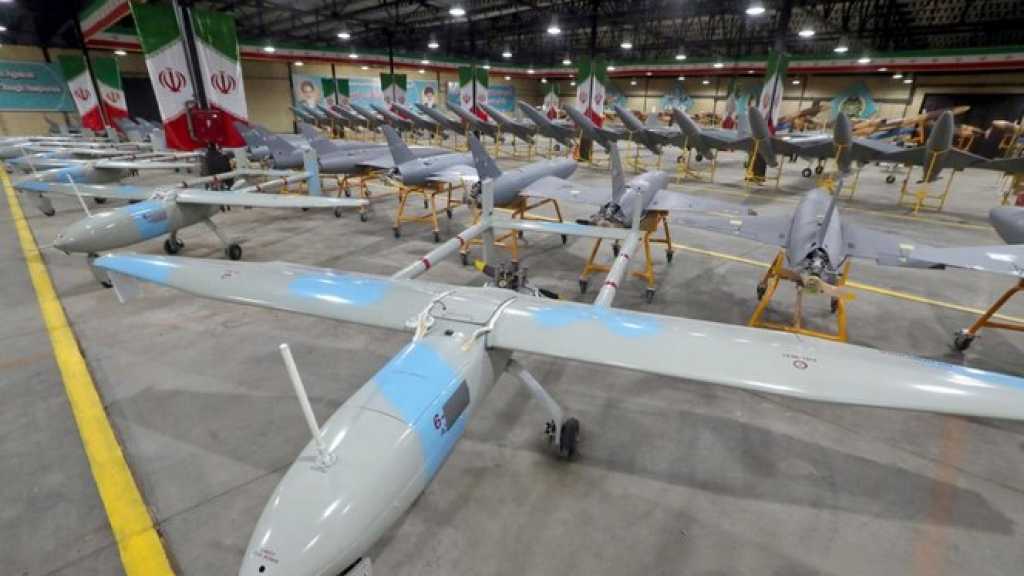
US Cyber Attack on Iranian Oil Ministry Fails
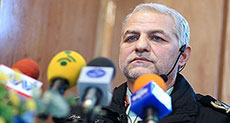
Local Editor
Head of Iran's Cyber Police [FATA] Brigadier General Sayyed Kamal Hadianfar announced on Tuesday that the country had foiled a US cyber-attack on the Iranian oil ministry in the last two months.

"The Cyber Attacks Emergency Center in FATA could thwart hackers' attack against the oil ministry," Hadianfar said, addressing a forum on cyber-crimes in Tehran on Tuesday.
"These hackers were from the US and we informed them [the US officials] of the issue in an official letter and also issued an international judicial order and the issue is now being pursued by the foreign ministry," he added.
Further, Hadianfar said that the cyber-attack was waged against the oil ministry during the four-day holidays [possibly March 21-24] but failed following the swift action FATA's emergency center.
In December 2012, Iran announced that it had thwarted a second cyber-attack on one of its Culture Ministry institutes.
The cyber-attack, originated from the US city of Dallas via switches in Malaysia and Vietnam, had targeted the information center of the Culture Ministry's Headquarters for Supporting and Protecting Works of Art and Culture.
However, the attack was repelled by the headquarters' experts.
In the last few years, various Iranian industrial, nuclear and government bodies had recently come under growing cyber-attacks, widely believed to be designed and staged by the US and "Israel".
In April 2012, a similar attack was carried out against Iran's oil ministry. According to the oil ministry, the cyber-attack was carried out through a virus penetration that damaged users' hard disks, but failed. Senior Iranian oil ministry officials later announced that their computer systems resumed normal operation.
A few days later hackers failed to penetrate into the Iranian Science Ministry's computer network.
"Despite the frequent efforts made by hackers, the cyber-attack has failed to leave any impact on the data system," a statement released by the Ministry of Science, Research and Technology said.
It further praised the proper measures and full preparedness of the relevant departments at the science ministry for repelling the attack.
Moreover, wide-scale cyber-attacks on Iranian facilities started in 2010 after the US and "Israel" tried to disrupt the operation of Iran's nuclear facilities through a worm which later came to be known as Stuxnet.
US intelligence officials revealed in April 2012 that the Stuxnet malware was not only designed to disrupt Iran's nuclear program, but was part of a wider campaign directed from the Zionist entity that included the assassination of the country's nuclear scientists.
However, Stuxnet was the first discovered worm that spies on and reprograms industrial systems. It is specifically written to attack SCADA systems which are used to control and monitor industrial processes.
In September 2012, the Islamic Republic said that the computer worm of Stuxnet infected 30,000 IP addresses in Iran, but it denied the reports that the cyber worm had damaged computer systems at the country's nuclear power plants.
Hence, Iran announced in November, 2011 that it had developed a software program that can control the Duqu spyware.
After wide-scale cyber-attacks on Iranian facilities, including its nuclear sites, Iranian officials started planning a proper and well-concerted line of defense against virus attacks.
Accordingly, in March 2012, the Islamic Republic of Iran announced plans to strengthen its cyber power by establishing a Supreme Council of Cyberspace to defend the country against cyber-attacks.
Source: News Agencies, Edited by website team
